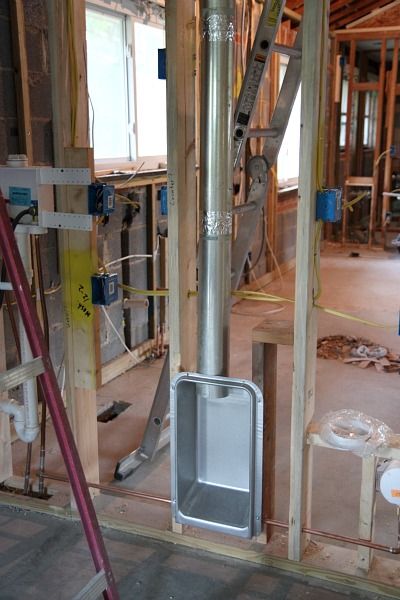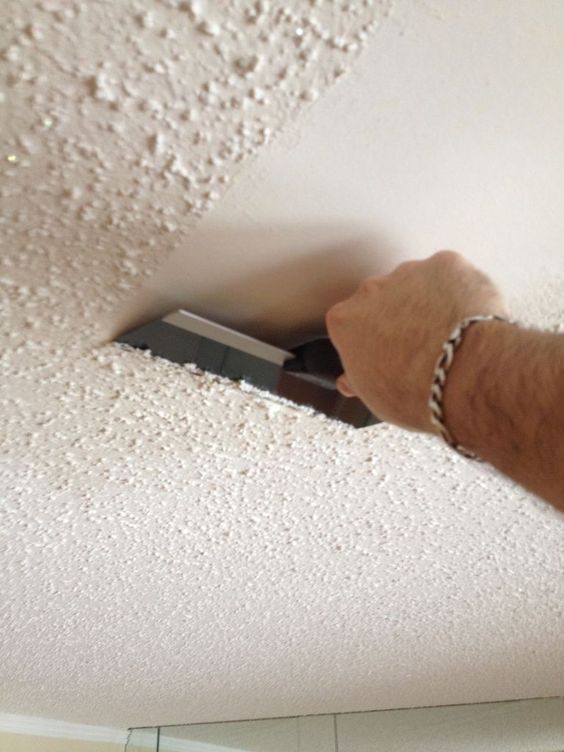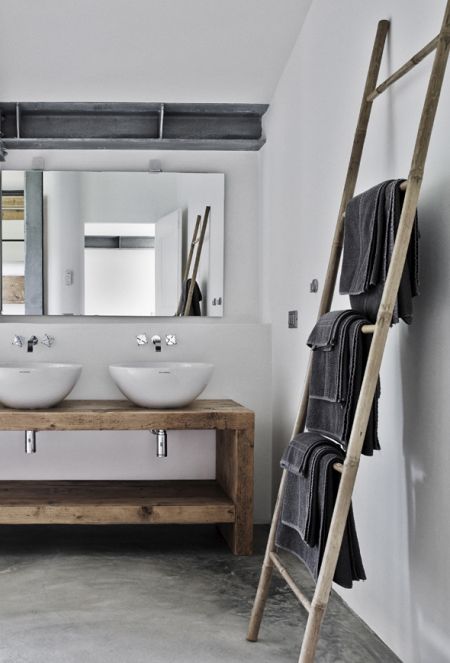Repair is endless, but it has its limits - this isrights of other owners of the residential building. Today we will find out for what repair work you can get a fine, and when you can even lose your apartment. When starting repairs, many people think that they only improve the quality of the finish and increase the comfort of living in the apartment, but this is not always the case, since there are works that are strictly prohibited. Any redevelopment must beregistered Nowadays, only babies don’t know that redevelopment must be registered, but there are no long queues of people wanting to do this at housing inspectorates. The problem is that few people know what kind of redevelopment must be legalized before the start of repair work, and what kind of alteration can be notified to the housing inspectorate after the fact. Let us explain: any work involving the transfer of zones or changes in the configuration of walls and the organization of new openings must be registered before they begin, since they must comply with building codes. And work on replacing sanitary equipment and finishing coatings can be done without prior permission, as well as glazing balconies and loggias, and installing air conditioning units.
Any redevelopment must beregistered Nowadays, only babies don’t know that redevelopment must be registered, but there are no long queues of people wanting to do this at housing inspectorates. The problem is that few people know what kind of redevelopment must be legalized before the start of repair work, and what kind of alteration can be notified to the housing inspectorate after the fact. Let us explain: any work involving the transfer of zones or changes in the configuration of walls and the organization of new openings must be registered before they begin, since they must comply with building codes. And work on replacing sanitary equipment and finishing coatings can be done without prior permission, as well as glazing balconies and loggias, and installing air conditioning units.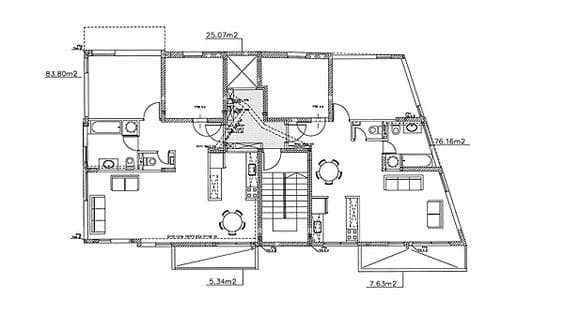 Now let's see what work is prohibited during repairs and what the consequences of unauthorized alterations are. So, it is absolutely forbidden:
Now let's see what work is prohibited during repairs and what the consequences of unauthorized alterations are. So, it is absolutely forbidden:
- to change engineering communications, for example to change an arrangement of общедомовых lines of water and the water drain;
- Change the heating system and take radiators out of the rooms;
- install warm water floors - this can reduce the pressure in the water supply lines;
- dismantle ventilation shafts and canals, as this will disturb the whole house ventilation system;
- to connect to the hood of the bathrooms the kitchen air removal system and vice versa;
- overload the electrical network and allowpower consumption exceeding the permissible cross-section of the wires. For this reason, a short circuit and overheating of the wires, up to and including fire, may occur;
- cut grooves into load-bearing elements, such as capital walls and pylons, to install wires in them - otherwise the load-bearing capacity of the structures may be compromised;
- transfer wet areas. Housing standards prohibit the transfer of wet areas to residential, that is, the organization of kitchens or bathrooms in the living room - an illegal option, but you can expand wet areas due to uninhabited area, for example, the area of the corridor;
- change and transfer gas equipment. Even such a simple option as the replacement of the gas surface should occur only with the help of a specialist from the gas service. The transfer of equipment and the digestion of gas mains also require the permission and involvement of employees of Mosgaz or a regional operator;
- overload the floor slab.When making a floor screed, you need to take into account the permissible load on the floor slab and then choose the best option for the screed and floor covering. You also need to consider the finishing material of the floors - if you plan to use natural stone, do not forget about its large weight, which will increase the load on the interfloor slab;
- combine apartments vertically.Combining several apartments into one is only possible on one floor, and combining apartments vertically is strictly prohibited, since this requires cutting an opening in the floor slab, which will violate the integrity of the building’s rigid frame;
- use for welding metal pipes andgas cylinders indoors. In accordance with safety standards for welding metal structures, the gas cylinder is placed either outside or near a window in the entrance, which will reduce damage in the event of a cylinder explosion - the blast wave will knock out the entrance window and will not cause significant damage to the walls and structures;
- make openings in the walls.
All of the above works are categoricallyIt is prohibited to do this without obtaining prior permission. In addition, it is not permissible to make an opening in every load-bearing wall: not only the material of the load-bearing wall plays a role, but also the floor and series of the house. If you are still going to make such an opening, you must provide the housing inspectorate with a project that will indicate the option for strengthening the structure, and obtain permission for this option. Let's say you decide to ignore the last requirement (although we are sure that this will not occur to you). Remember: a violation of the structure of the house can lead to the collapse of the building. If it does not collapse, then cracks will inevitably appear in the walls, and the operating organization will quickly find the culprit, who will be issued a huge fine and obliged to carry out work to eliminate the consequences and strengthen the structures. If the owner does not comply with the order within the established time frame, his apartment will be seized and the courts will deal with the matter.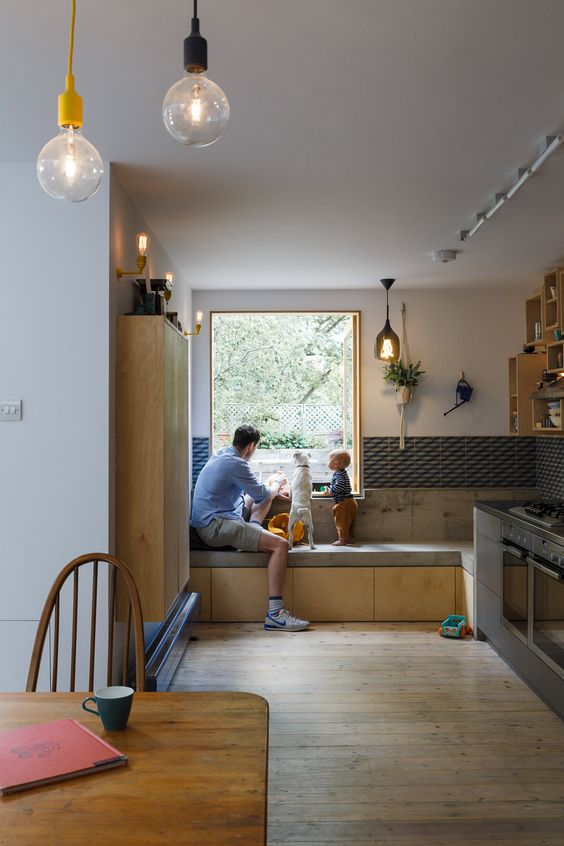 Construction and repair work canpose a great danger if they are carried out with violations or if incompetent workers are allowed to carry them out. Remember this, and then the repair will not cause any inconvenience or trouble to you or your neighbors.
Construction and repair work canpose a great danger if they are carried out with violations or if incompetent workers are allowed to carry them out. Remember this, and then the repair will not cause any inconvenience or trouble to you or your neighbors.
